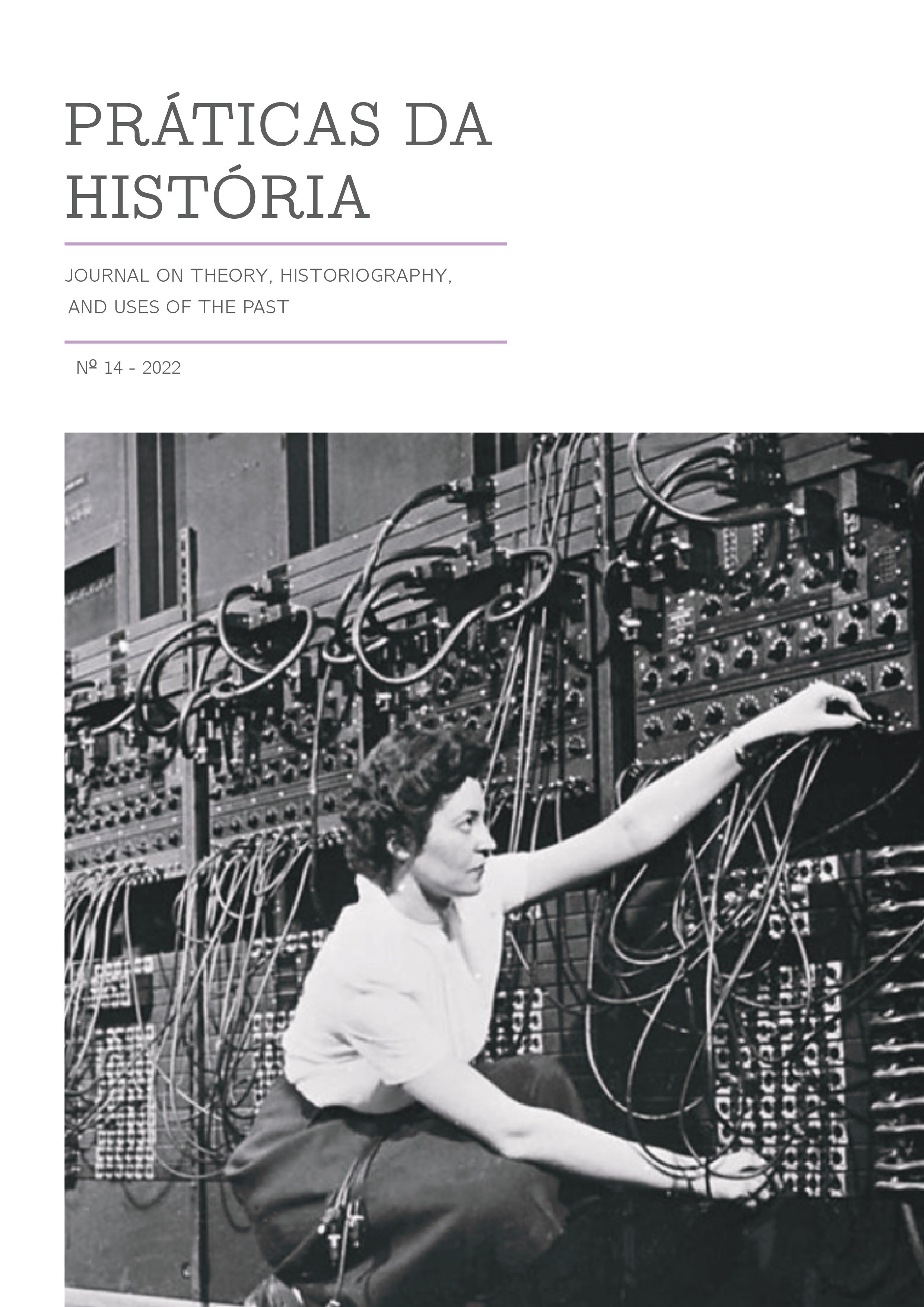Digital methodologies in the study of local government. The case of the parish clergy (1833-1911)
DOI:
https://doi.org/10.48487/pdh.2022.n14.28214Abstract
The social and political role of the parish clergy during the Portuguese Liberal Monarchy is frequently mentioned, but it is insufficiently studied, contrary to what happens with this social group in other historiographies. This article aims to present the ongoing research on the ecclesiastical administrative staff segment in the confessional period of the Portuguese State, which should result in the identification of individuals; the geographic location of their jobs and respective typologies; in evaluating their careers. By identifying the sources that support this investigation, this paper presents the way they were treated using digital methodologies. Moreover, it presents the analytical possibilities opened by the features of the relational database. On one hand, the biographical elements of the individuals who were part of the parish clergy during the Liberal Monarchy. On another, the respective elements related to their various nomination processes for the set of parishes in which, then, the ecclesiastical administration of the Portuguese State was articulated.



